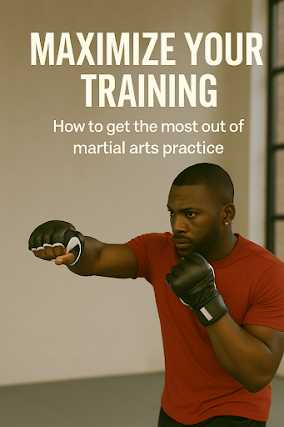Why Some People Are So Easily Triggered and Offended?
It’s something I’ve caught myself wondering lately: why are so many people walking around with their emotional “tripwires” set tighter than a mousetrap in a cheese factory? One stray word, a percieved act of disrespect, a casual difference of opinion—and suddenly, boom: offense detonates like a car alarm going off because a leaf brushed against the hood.
Of course, none of us are immune. We all have those hot buttons that set us off like a vending machine that ate our dollar. But there’s a difference between having a few triggers and living life like a walking fire alarm.
I've been doing a lot of self-work over the past year, and I've gotten to know my triggers and why they are set off......it does have a lot to do with unattended past situations. However in my work, I've learned a lot about myself and how to approach those triggers with an air of self-compassion, and i've learned a bit about the human psyche in general. I've found, that we all carry something that can be a trigger(s). I've found that some are balanced and can navigate through triggers, and some need some balance.
The Root of the Trigger
I've learned that people often react strongly when their identity or ego feels threatened. Think of it like someone bumping the table where they’ve been carefully balancing their Jenga tower of self-image. Even if it wasn’t intentional, those blocks are coming down—and they’re mad at whoever “caused” it.
Sometimes it’s about unhealed experiences. Past wounds get poked like a bruise you forgot was there. Suddenly, someone’s innocent comment or request to clean the kitchen feels like a karate chop to the soul.
And then, there’s the environment we live in. Social media practically hands out free megaphones to outrage. It’s like a stadium full of people ready to boo at the smallest foul—except nobody leaves the game, they just keep shouting until their vocal cords give out.
Offense vs. Accountability
Now, let’s be clear: sometimes being offended is valid. Some things should ruffle our feathers. But if every feather gets ruffled by every breeze, you stop being majestic and just look like a chicken in a wind tunnel!
When everything becomes a personal attack, the weight of actual accountability gets lost. It’s like crying “fire” every time someone lights a birthday candle—eventually, people stop taking the alarm seriously. However if you bottle that up, don't take responsibility to either clear up the misunderstandings, don't communicate and let it all fester.....you might find yourself looking for exits so you don't have to deal with the junk anymore. Escaping through drugs, alcohol, dangerous new interests, and even infidelity, doesn't make your own issues go away. It just delays them for the next percieved offense.
A Path to Understanding
So, what can we do? Some things I've learned.....
-
Pause before reacting. Ask: am I upset about this moment, or am I still fighting with the ghost of an argument from 10 years ago?
-
Listen instead of leaping. Maybe they weren’t throwing shade at all—maybe their sense of humor just runs on dial-up while yours runs on fiber.
-
Recognize patterns. If you’re offended daily, it’s worth checking whether the world is actually that hostile—or if your “sensitivity meter” is calibrated like a smoke detector that panics at burnt toast. Some people will say "People suck", lumping all people in a negative light, when one person hit their nerve. The whole world isn't like that, and when people argue that it is, its definitely time for assistance in dealing with that.
-
Respond instead of react. A calm response often turns a potential fight into a simple misunderstanding—like realizing the “insult” was just us being mad at being corrected at something that we think we already know.
Ask yourself: Is this really worth losing a job, a friendship, a relationship or colleague over? And if you think it is, what are you going to do when a similar thing happens again...and again?....and it will, if you don't address your triggers.
The Bigger Picture: Denial and self compassion
At the end of the day, offense is natural. But letting it rule us is like handing the steering wheel to the loudest backseat driver in your head. Imagine if, instead of bracing for the next trigger, we built enough resilience to engage, laugh, and even disagree without combusting.
Life will always have sharp edges. We can’t bubble-wrap the universe. But we can choose how to react to it. Give yourself a little Grace. Give yourself some compassion.
- "It's okay that i felt that way, but not okay to call my colleague a name just because they checked my work".
- "It's okay that I felt disrespected, but I have to realize that not everyone say 'please' or 'thank you'".
- "It's okay to feel like the boss is being demanding, but I think I could have said something different rather than shouting as if to say 'you better respect me!"










.png)








.png)


